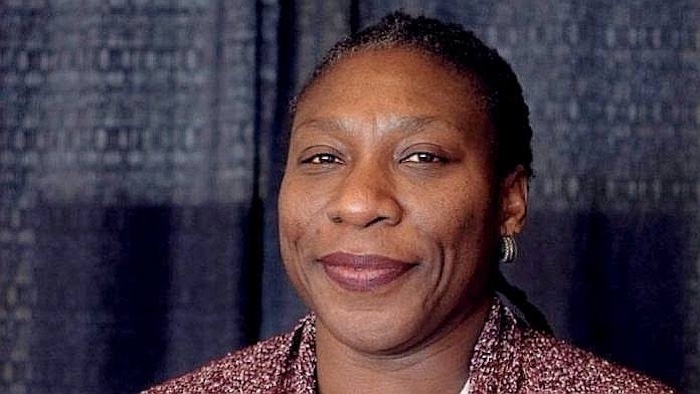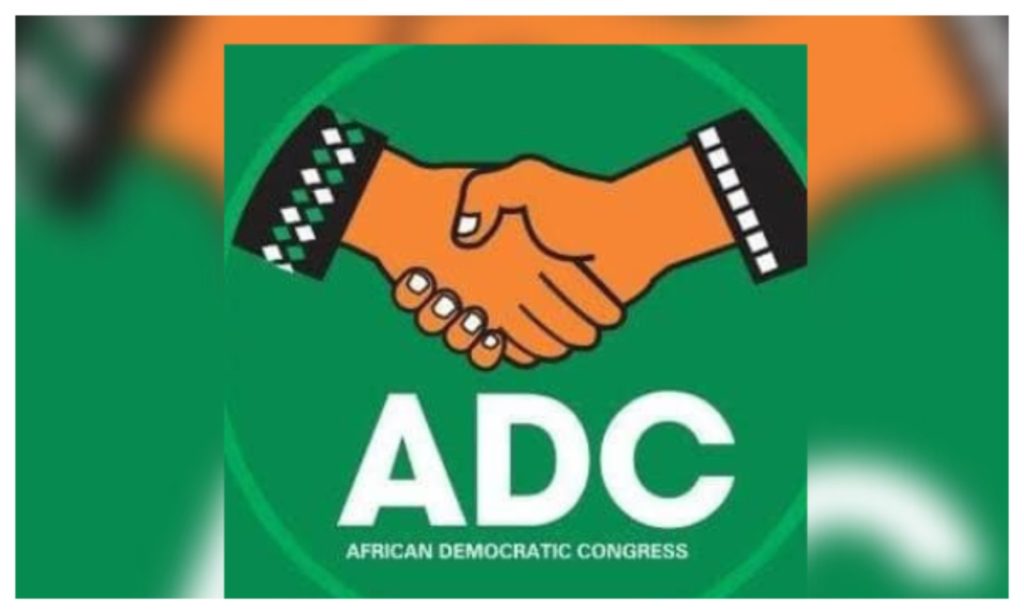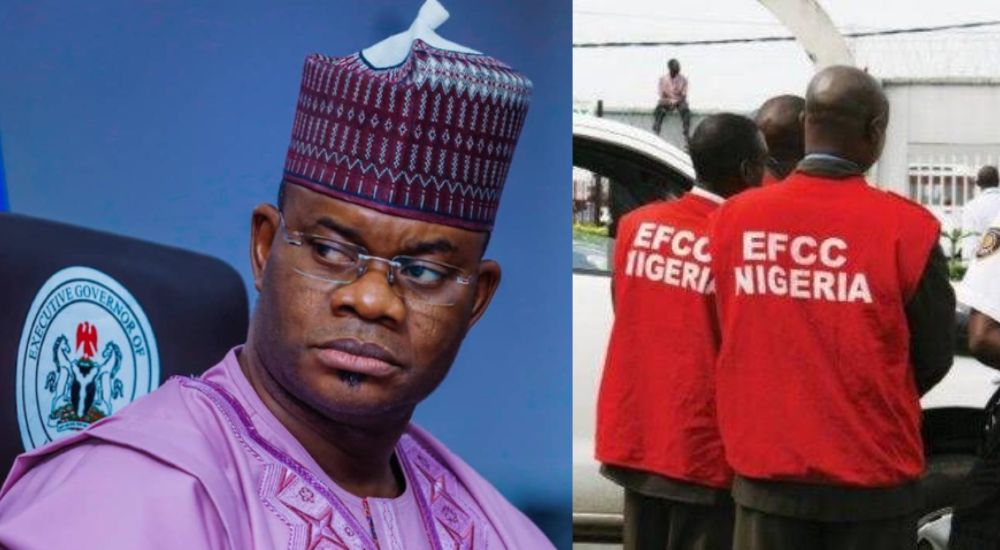Nigeria’s rising debt profile has sparked intense debate among citizens and policymakers, following the Senate’s approval of a $21.19 billion foreign borrowing plan for the 2025–2026 fiscal cycle. The package, part of President Bola Tinubu’s push to fund infrastructure and economic initiatives, includes additional loans in euros, yen, and domestic bonds, bringing total borrowing to approximately N757 billion ($5.6 billion). This comes as the Debt Management Office (DMO) reported the nation’s public debt surged by 48.58% to N144.67 trillion ($94.2 billion) in 2024, up from N97.34 trillion ($108.2 billion) the previous year.
Critics argue the borrowing spree risks destabilizing Africa’s largest economy. Peter Obi, 2023 Labour Party presidential candidate, described the loans as “reckless,” noting the debt-to-GDP ratio now exceeds 50% post-rebasing, a historic high. Similarly, the African Democratic Congress (ADC) accused the Tinubu administration of “fiscal vandalism,” claiming it has borrowed more in two years than former President Muhammadu Buhari did in eight. The opposition coalition warned that Nigeria’s debt could reach ₦200 trillion ($130 billion) by 2025, risking long-term financial distress.
Defenders of the policy stress the necessity of financing critical infrastructure. Financial analyst Gbolade Idakolo, CEO of SD & D Capital Management, acknowledged loans could drive growth if allocated responsibly. “Targeted projects that generate returns to repay debt are essential,” he told local media, while cautioning against repeating past mistakes where funds were mismanaged or diverted to non-revenue-generating ventures. He emphasized the need for rigorous oversight by the National Assembly to ensure project viability.
The borrowing has divided public opinion, with some Nigerians questioning the sustainability of debt-driven development. Experts highlight that while infrastructure investments—such as transportation networks and energy projects—are vital for economic expansion, repayment capacity remains a concern. The DMO’s report revealed a steady quarterly debt increase, underscoring the urgency of balancing growth with fiscal prudence.
As global economic pressures mount, including currency fluctuations and rising interest rates, the Tinubu administration faces mounting scrutiny over its strategy. The debate reflects broader tensions in developing economies grappling with the trade-offs between immediate infrastructure needs and long-term financial stability. With Nigeria’s debt servicing already consuming a significant portion of federal revenue, the effectiveness of new loans in catalyzing growth will likely shape the nation’s economic trajectory for years to come.



